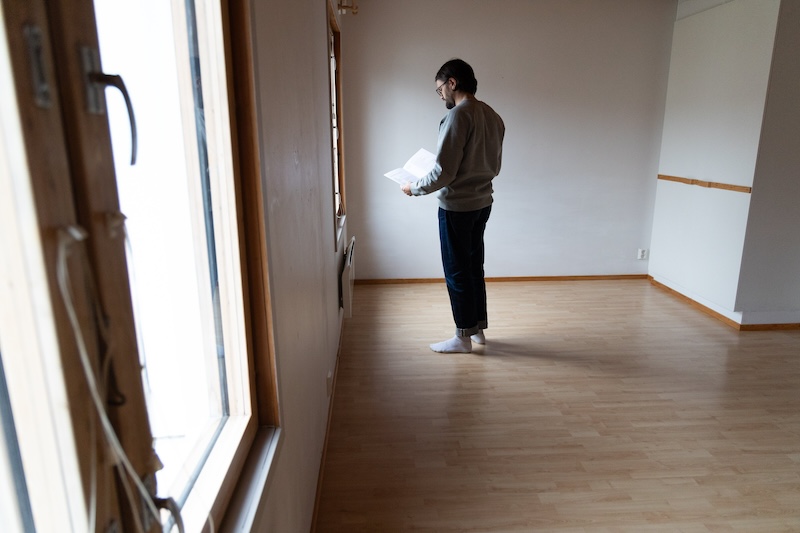Landlords in the Finnish capital region say falling rent prices are no longer the central challenge in securing tenants instead, they blame a growing shortage of “reliable” applicants amid an oversaturated housing market.
Juha Parviainen, a seasoned property investor with over 20 years in the field, shared his frustration after one of his apartments in East Helsinki remained vacant for months despite a significant rent reduction.
“I’ve already lowered the rent by 10 percent, but it’s still hard to find a suitable tenant,” Parviainen told Amnewsworld. “It’s not the price anymore.”
He said that scheduled apartment viewings frequently result in no-shows. “There might be five appointments, and only one person shows up if any. The rest don’t even bother to cancel,” he added.
Recent figures from Statistics Finland confirm that rents for privately financed apartments in the Helsinki region dropped by 0.3% in the second quarter of 2025 compared to the same period last year. This marks the first annual decline since 2015. The downturn is most noticeable in studio apartments across Helsinki, Espoo, and Vantaa.
“There are simply more rental flats than people who want them,” explained Martti Korhonen, chief actuary at Statistics Finland, attributing the shift to an oversupply in the market.
Elsewhere in the country, rents rose by nearly 1% over the same period, highlighting a regional imbalance between supply and demand.
Rental agent Henri Haaksiala confirmed the market has tilted in favor of tenants. “Just a few years ago, units were snapped up quickly. Now landlords are competing fiercely, and vacancies are lasting longer,” he said.
Haaksiala noted that landlords are becoming more flexible: reducing rent, easing deposit requirements, and in some cases waiving deposits entirely to attract interest.
“The situation is ideal for students and young professionals looking to relocate,” he said. “There’s more availability, and tenants can negotiate better terms.”
To adapt, Haaksiala advised landlords to adjust their expectations and invest in minor apartment improvements. “Clinging to outdated demands like two-month deposits is no longer realistic,” he said.
Adding further complexity to the rental landscape, the Finnish government is set to revise its student housing support scheme from August 2025. Students will no longer qualify for general housing benefits and will instead revert to a system tied to broader student financial aid, as existed prior to 2017.
Korhonen said the reform could push students to seek cheaper accommodation, particularly in cities like Helsinki where vacant, high-cost studios are in oversupply.
As Finland’s housing market evolves, landlords in the capital region face the challenge of adapting to a new era one where renters hold the upper hand, and lowering rent alone is no longer enough.


